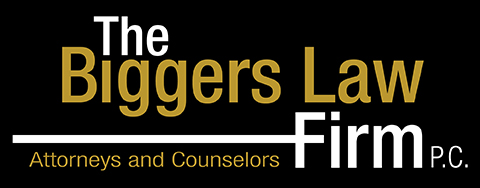Edward D. Biggers
Edward, also known as Ted, is a third generation Dallas lawyer. He grew up in Dallas, graduated from Highland Park High School and attended the University of Alabama where he earned a B.S. degree in accounting. Ted then attended St. Mary’s School of Law in San Antonio, Texas.
During the past 25 years, Ted has built a successful Global Civil Law Practice. Specific focus has always been on counseling clients with regard to Wills, Estate & Trust Planning and Administration, Estate and Trust litigation and Will contests. Other areas of his practice include Real Estate, Business Planning and Organizations, Mergers & Acquisitions, Employment law, as well as the other areas set out in the practice areas of this website. Ted has established a practice with a solid and well respected reputation. He provides large firm experience with individualized attention to each client.
Ted is also very civic and family minded. He participates in the leadership of many community organizations, and has always been involved with his three sons’ activities, such as Scouting and has coached many of his sons’ youth sports teams. Ted grew up in Highland Park United Methodist Church, where he, his wife and three sons are active members.
Associations, Boards, and Offices
- American Bar Association, National Council on Planned Giving
- Dallas Bar Association, Dallas Estate Planning Council
- Dallas Bar Association, Fellow
- Dallas Bar Association, Probate & Real Property Section
- Dallas Executives Association, Board of Directors, 1988 – Present
- Dallas Executives Association, Past President
- Real Estate Escrow Officer
- State Bar of Texas, Real Property, Trust & Estates Section
- State Bar of Texas, Texas Planned Giving Council
- Texas Land Title Association
- Texas Planned Giving Council
Community Organizations and Activities
- Assistant Scout Master/Boy Scout Troop 82, for over 10 years
- Park Cities YMCA Partners Campaign, Herschel Hodges Advanced Gifts Chair, 2009
- Campaign Chairman, Park Cities YMCA Partners Campaign, 2008
- Campaign Chair-Elect, Park Cities YMCA Partners Campaign, 2007
- Park Cities YMCA—Board of Management
- AMBUCS, Dallas Chapter
- Calyx Club
- University Park Zoning, Ordinance and Advisory Committee
